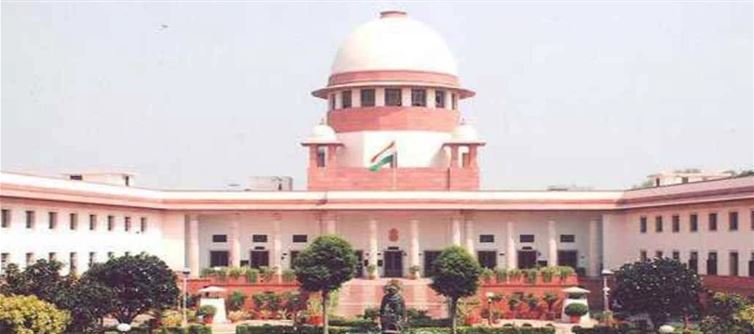
In its counter-affidavit submitted to the supreme court in response to a number of petitions challenging the statute, the Center stated that it is a well-established legal principle that constitutional courts will not directly or indirectly stop a statutory provision.
There is a presumption of constitutionality that applies to laws made by Parliament: Centre
"established legal doctrine that states that constitutional courts will make the final decision and will not directly or indirectly stay a statutory provision. According to the Center, laws passed by parliament are presumed to be legitimate, and an interim stay goes against the balance of powers premise.
"A blanket stay (or a partial stay) without knowing the negative consequences of such an order in a generality of cases (even on members of the Muslim community itself) were the petitions to be unsuccessful would, it is submitted, be uncalled for, especially in the context of the presumption of validity of such laws," the Center continued, adding that the court would consider these challenges when the cases are heard.
Petitions challenging the amendments proceeded on a false premise: Centre
According to the affidavit, the petitions contesting the amendments, which were the result of a thorough, in-depth, and analytical investigation by a legislative panel, were filed on the erroneous grounds that the amendments violated the fundamental right to freedom of religion.
The Center has stated that parliament has acted within its authority to guarantee that religious endowments, such as waqf, are administered in a way that preserves the faith that the faithful and society at large have placed in them, without infringing on religious autonomy, and that it was not permitted for the legislature to replace the legislative regime.
According to the Center, the supreme court is unquestionably empowered to review whether a statute is constitutional, and it would be a violation of the delicate balance of power between the many institutions of government to grant an injunction against the implementation of any provision at this early stage.
Apex court would hear the matter on May 5
"Waqf properties, including "waqf by user," will not be denotified, and no appointments will be made to the central waqf council and boards until May 5, the next hearing date," according to the Center's submissions, which were recorded by a bench led by Chief Justice of india (CJI) Sanjiv Khanna during the most recent hearing.




 click and follow Indiaherald WhatsApp channel
click and follow Indiaherald WhatsApp channel